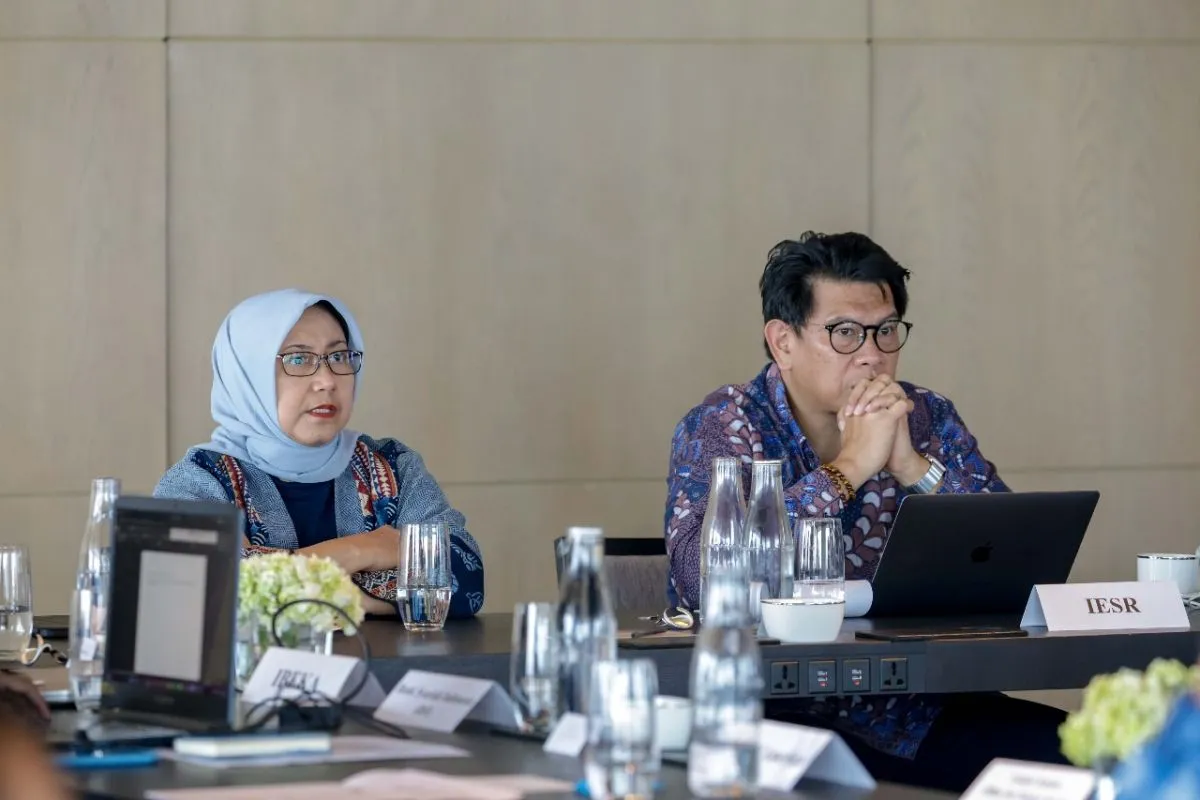Bappenas Drives Investment Surge for Indonesia’s Renewable Energy Transition
The Ministry of National Development Planning (Bappenas) has reinforced its commitment to increasing investment in renewable energy, emphasizing its role in Indonesia's sustainable development. In a meeting with Sustainable Energy for All (SEforALL), Bappenas deputy Vivi Yulaswati highlighted the need for collaboration across sectors to advance the country’s energy transition.
Renewable Energy: A National Priority
Indonesia’s National Long-Term Development Plan (RPJPN) 2025–2045 prioritizes the adoption of renewable energy. Yulaswati underscored that transitioning to green energy is vital not only for reducing greenhouse gas emissions but also for mitigating climate change and driving economic growth. However, the transition faces two critical challenges: infrastructure limitations in energy transmission and distribution, and the higher costs associated with renewable energy compared to fossil fuels.
Investment Needs and Opportunities
The scale of Indonesia's renewable energy ambitions requires substantial financial backing. Bappenas estimates that achieving the green energy transition will demand an annual investment of $51.6 billion. This funding will come from a mix of public and private sector contributions. The Indonesian government is actively seeking partnerships with private investors to fill the financing gap, as global demand for renewable energy grows, particularly from the United States, Europe, and China.
Investors participating in the SEforALL meeting called for the establishment of a governance framework that facilitates green energy financing. Simplifying the regulatory landscape could be a critical step in attracting more private sector engagement and accelerating the transition to cleaner energy sources.
Challenges and Solutions in Green Energy Development
The shift to renewable energy is fraught with challenges. Upgrading infrastructure, particularly in transmission and distribution, is a top priority. Additionally, renewable energy’s higher initial costs compared to fossil fuels pose a barrier to adoption. To address these issues, Bappenas is exploring innovative financing solutions and leveraging international collaborations to share best practices.
Toward a Greener Future
Despite the obstacles, Indonesia is steadfast in its pursuit of renewable energy. This commitment is evident in the government’s collaboration with international organizations and investors. Initiatives like the SEforALL partnership underscore Indonesia's determination to position itself as a leader in the renewable energy space in Southeast Asia.
In conclusion, Indonesia’s renewable energy transition represents a crucial step toward sustainable development. By addressing infrastructure challenges, fostering regulatory reforms, and securing investments, the country aims to meet its ambitious green energy targets while contributing to global efforts to combat climate change.
Read More






 Wednesday, 25-02-26
Wednesday, 25-02-26







